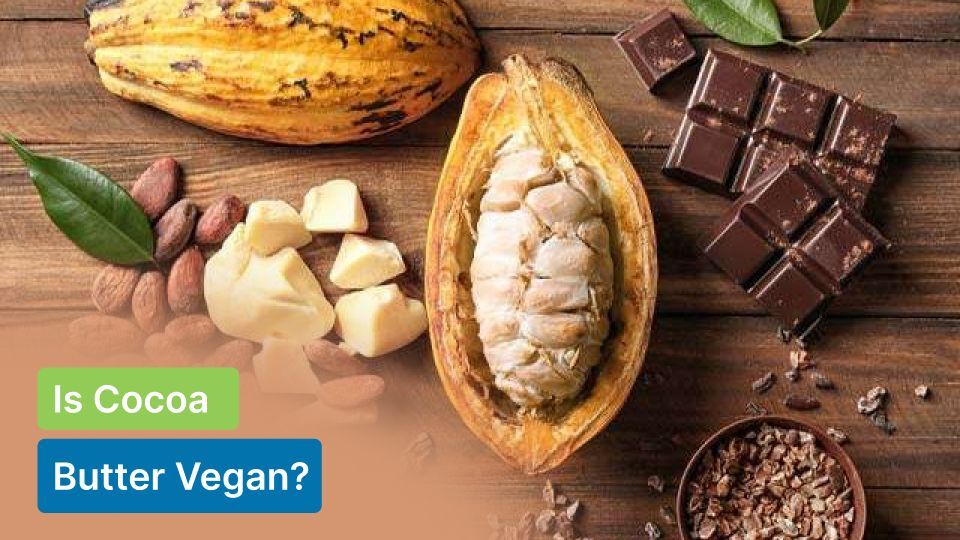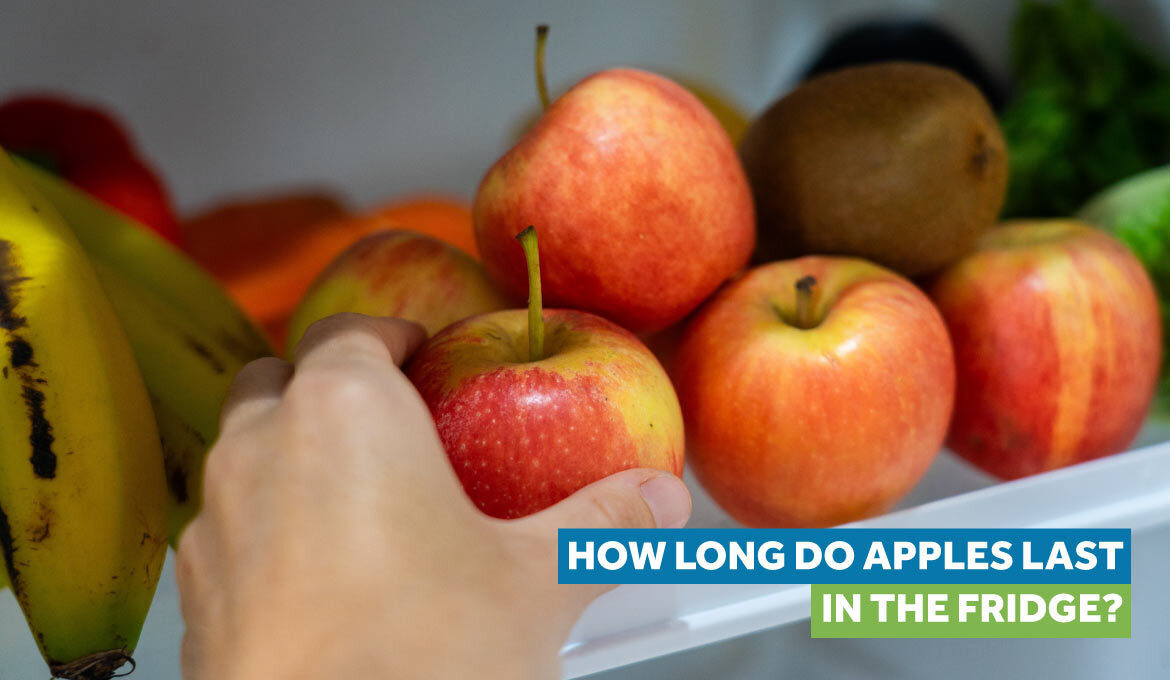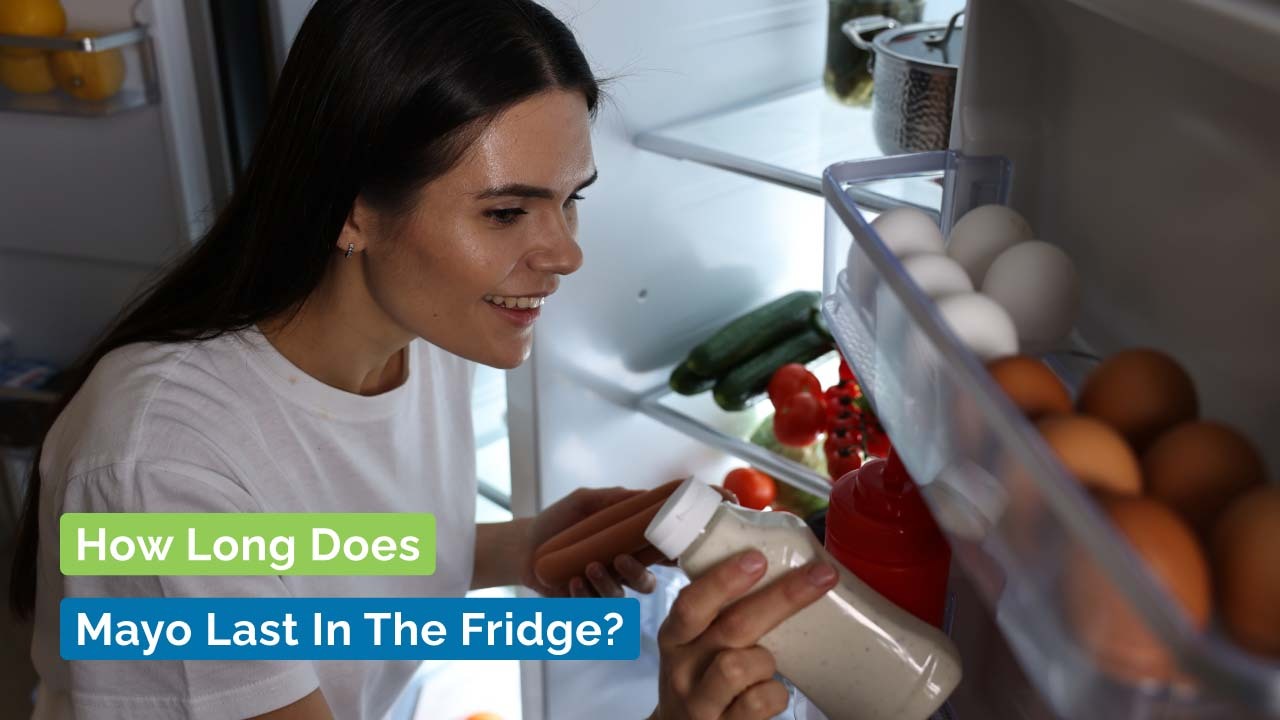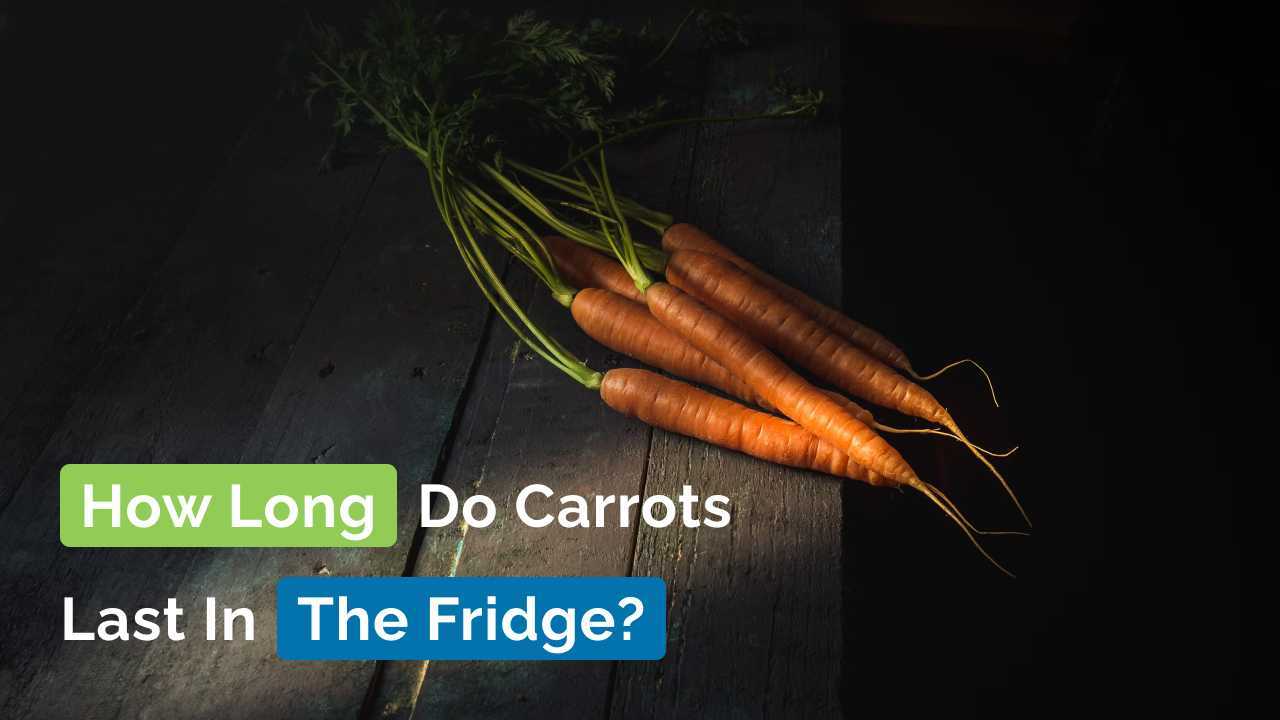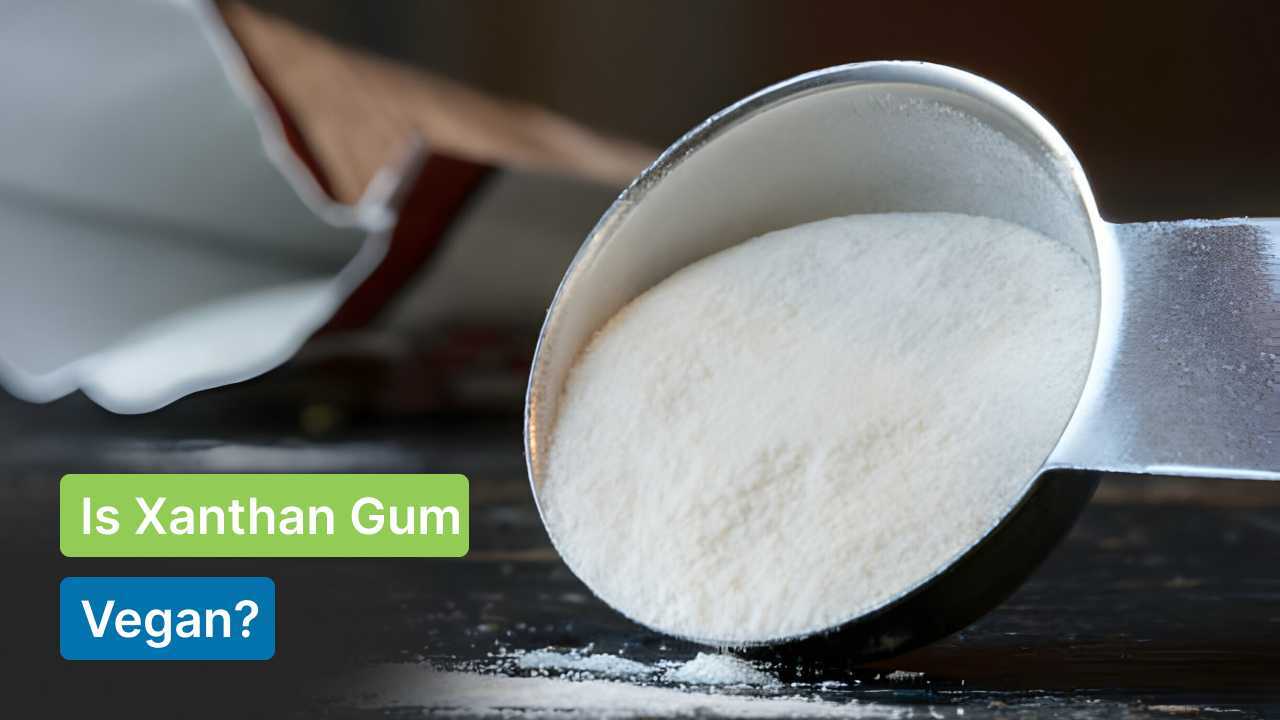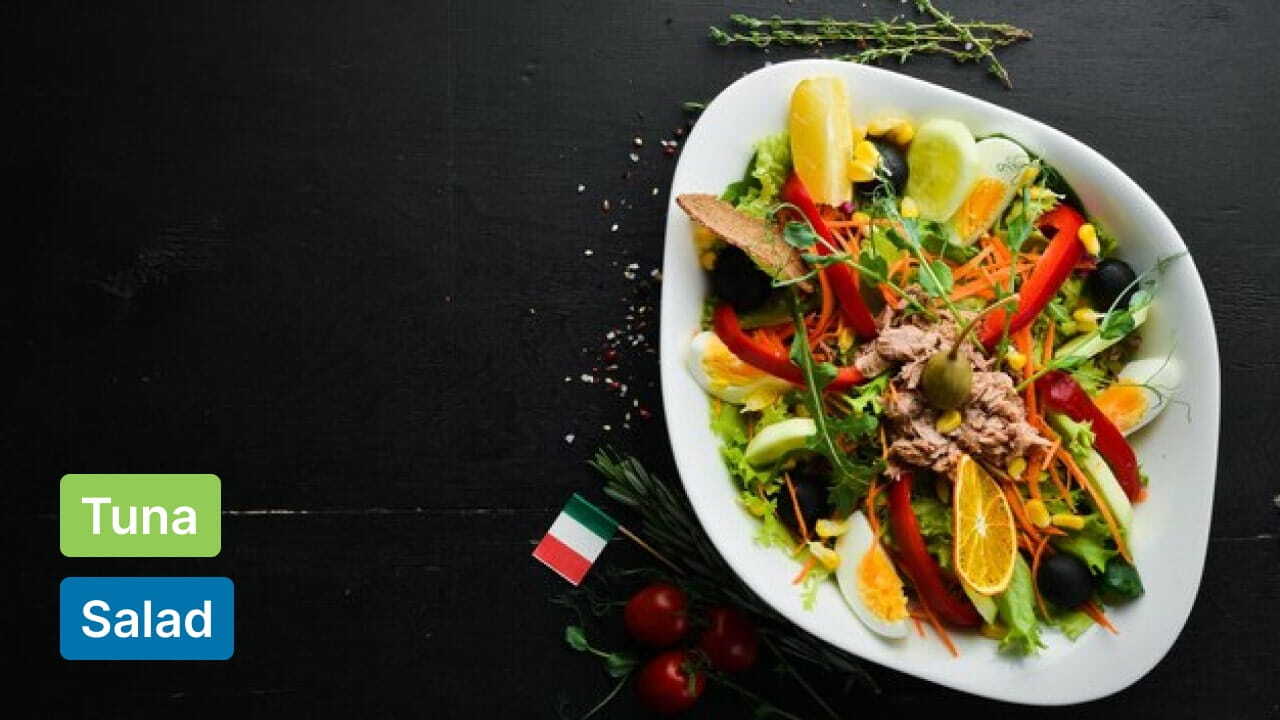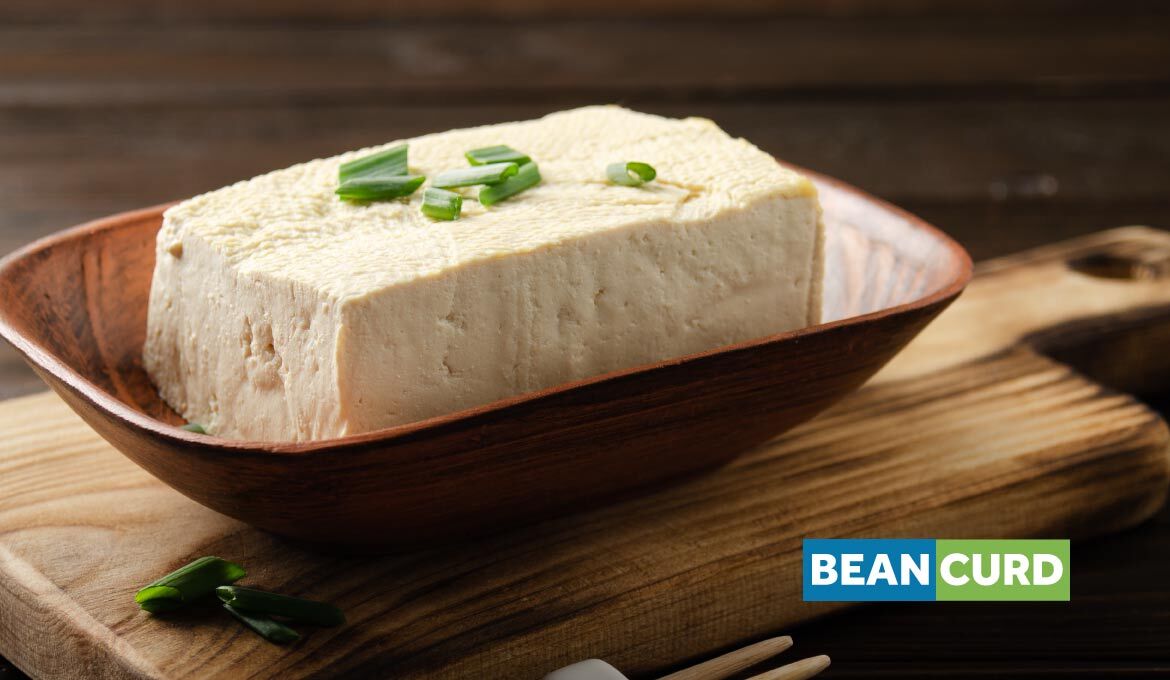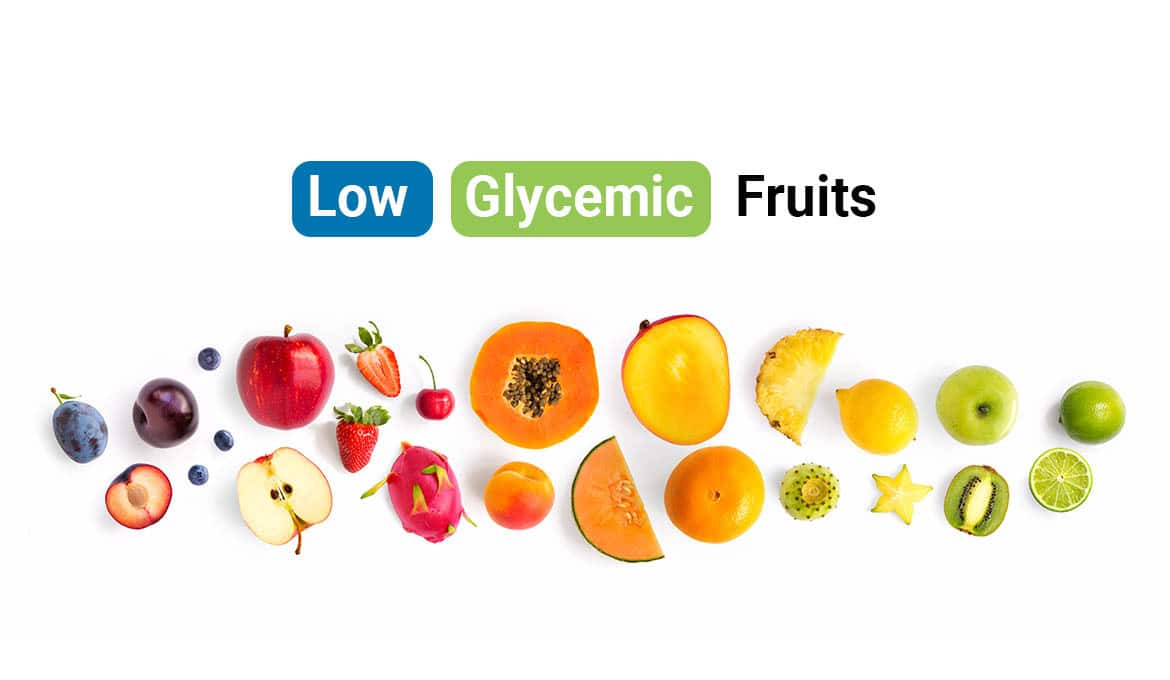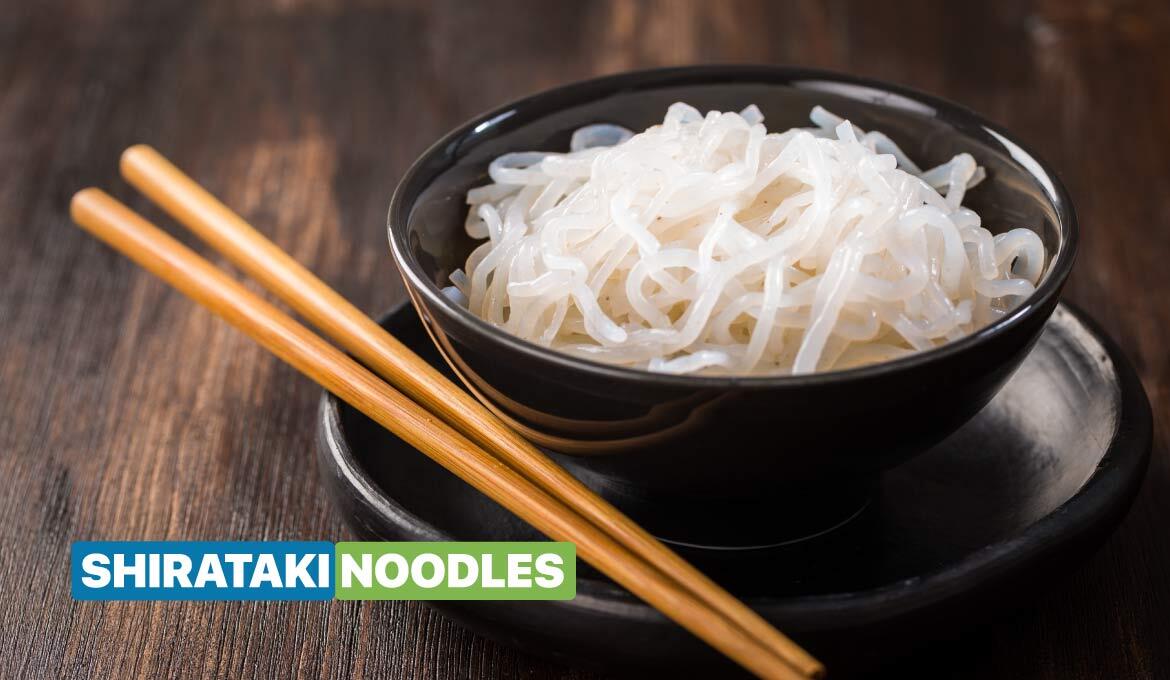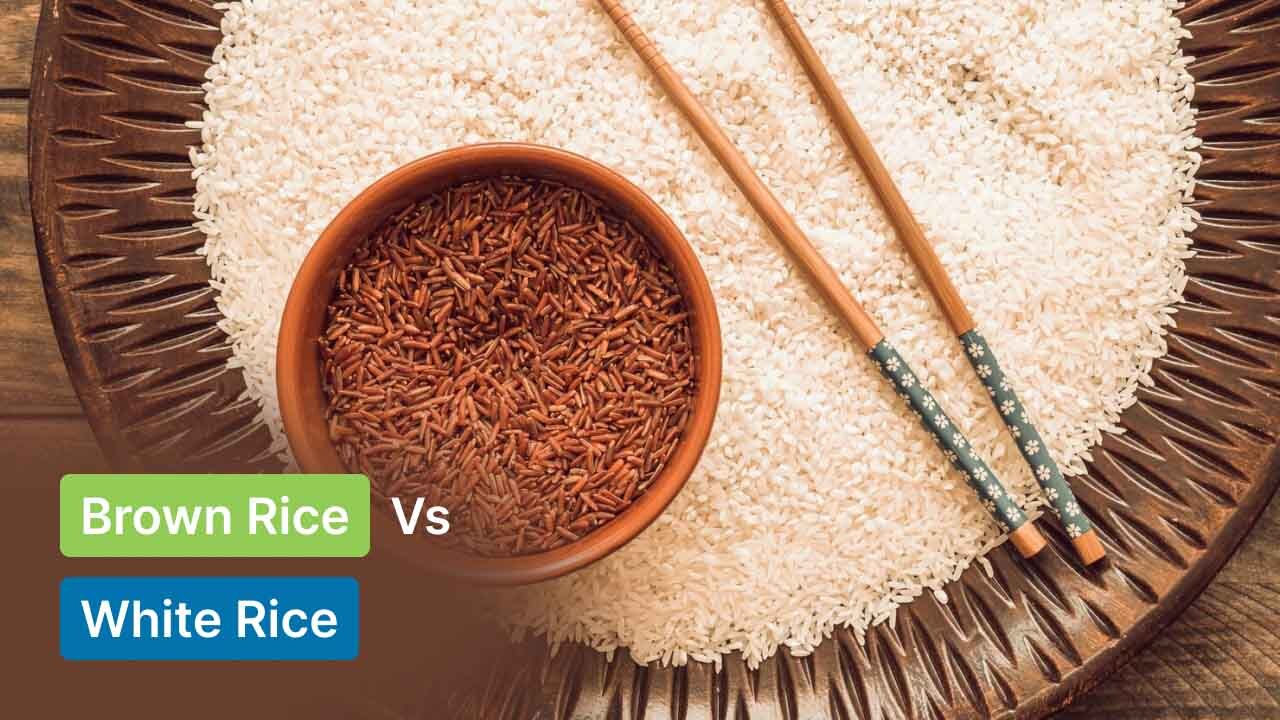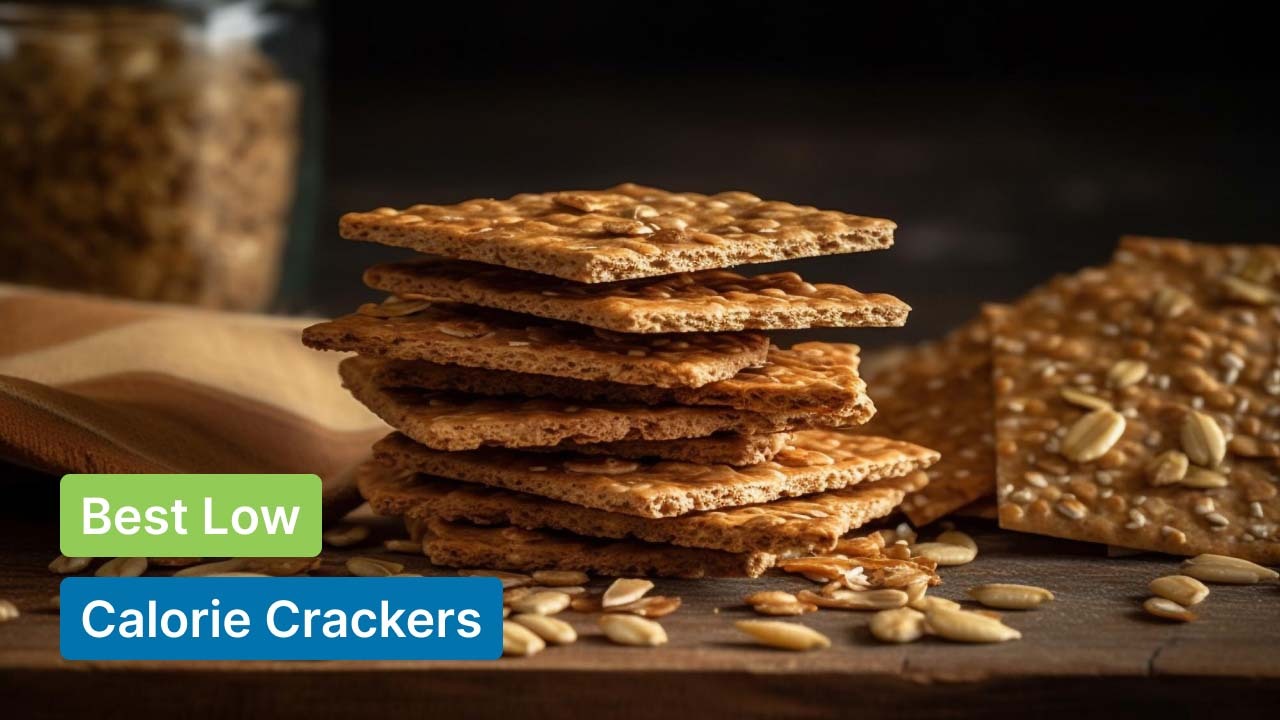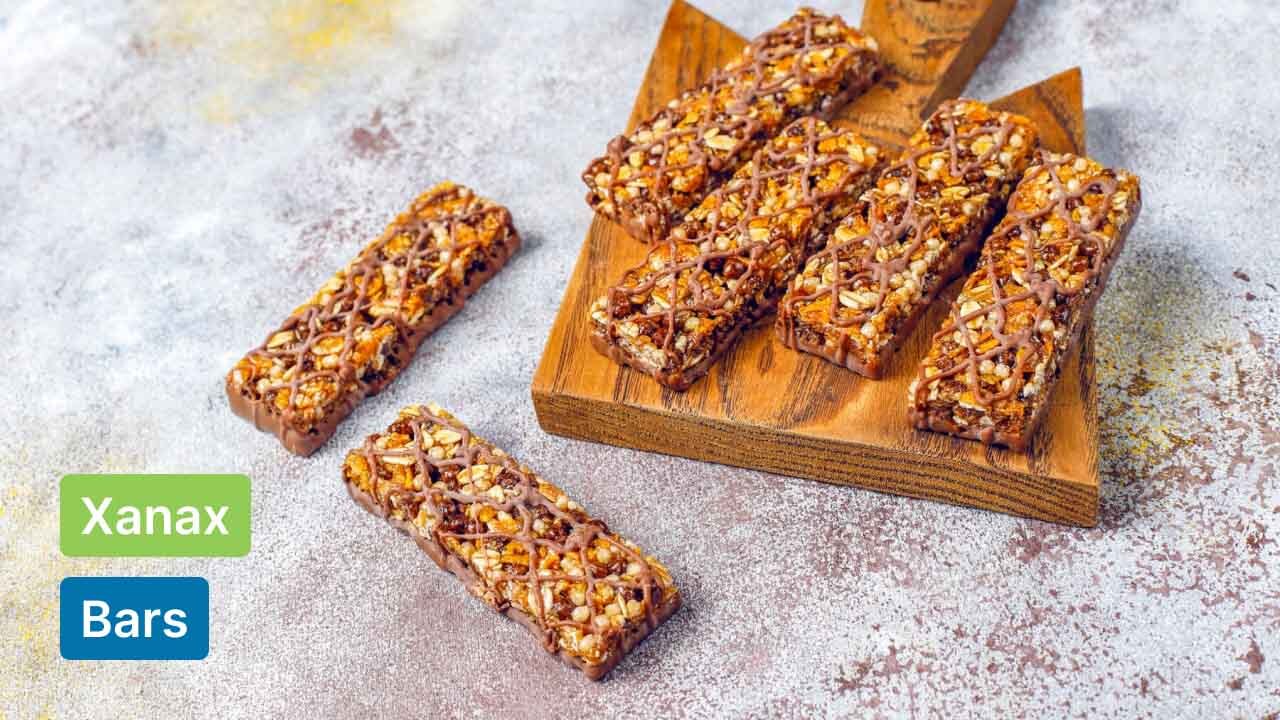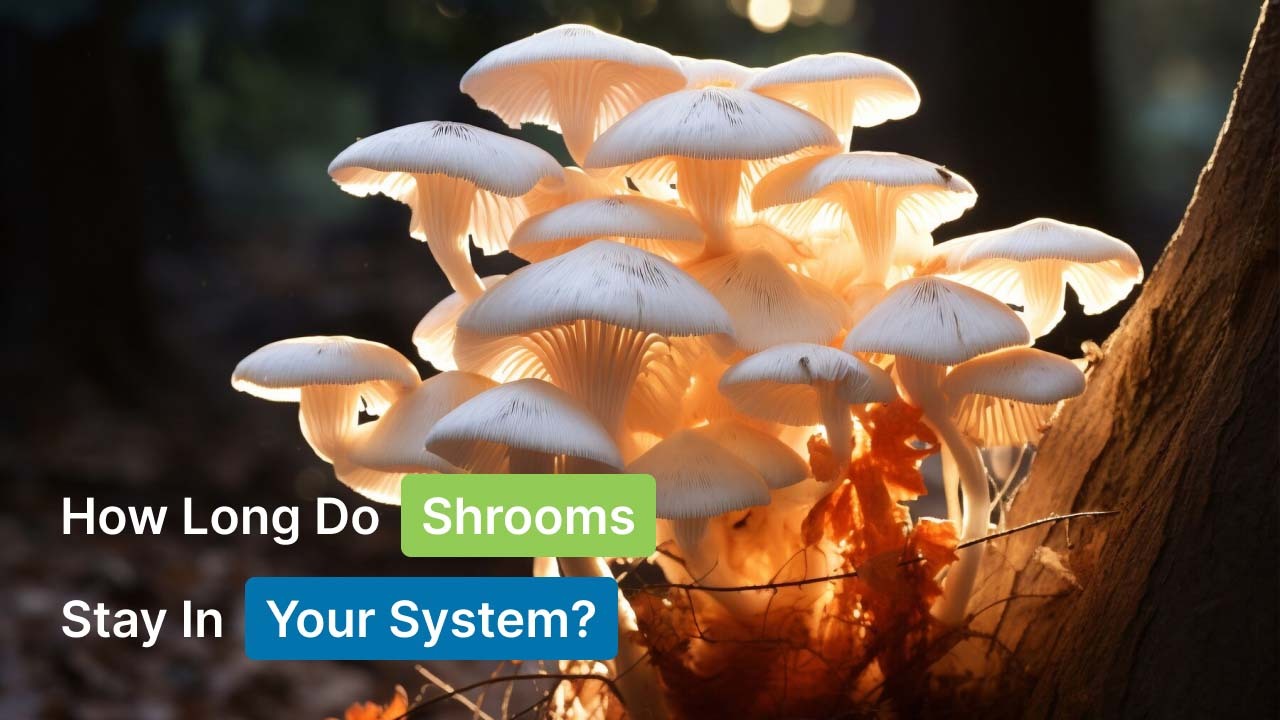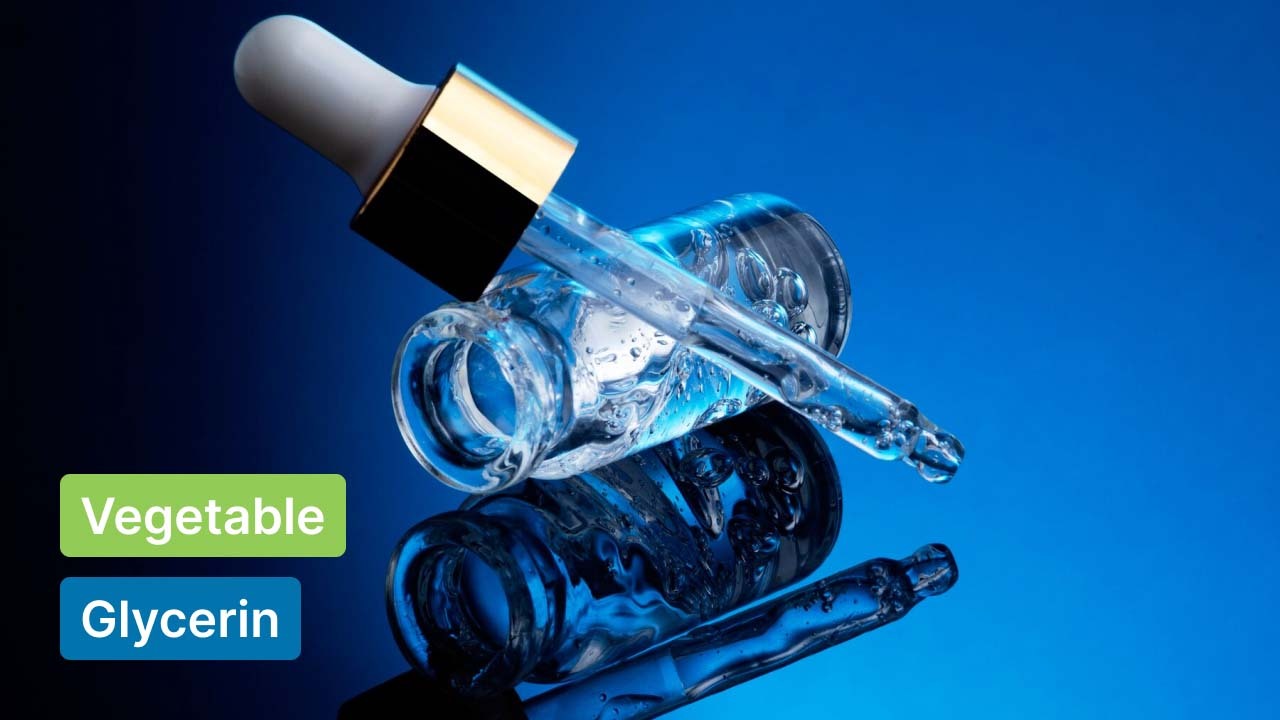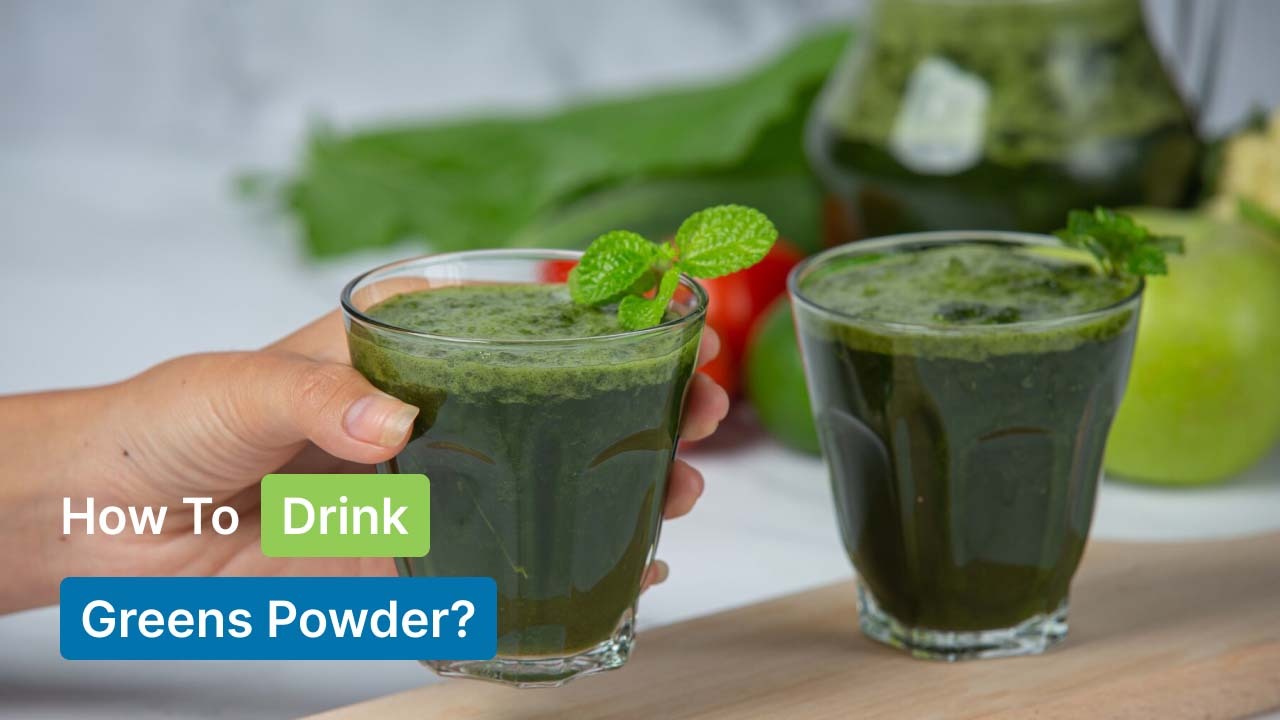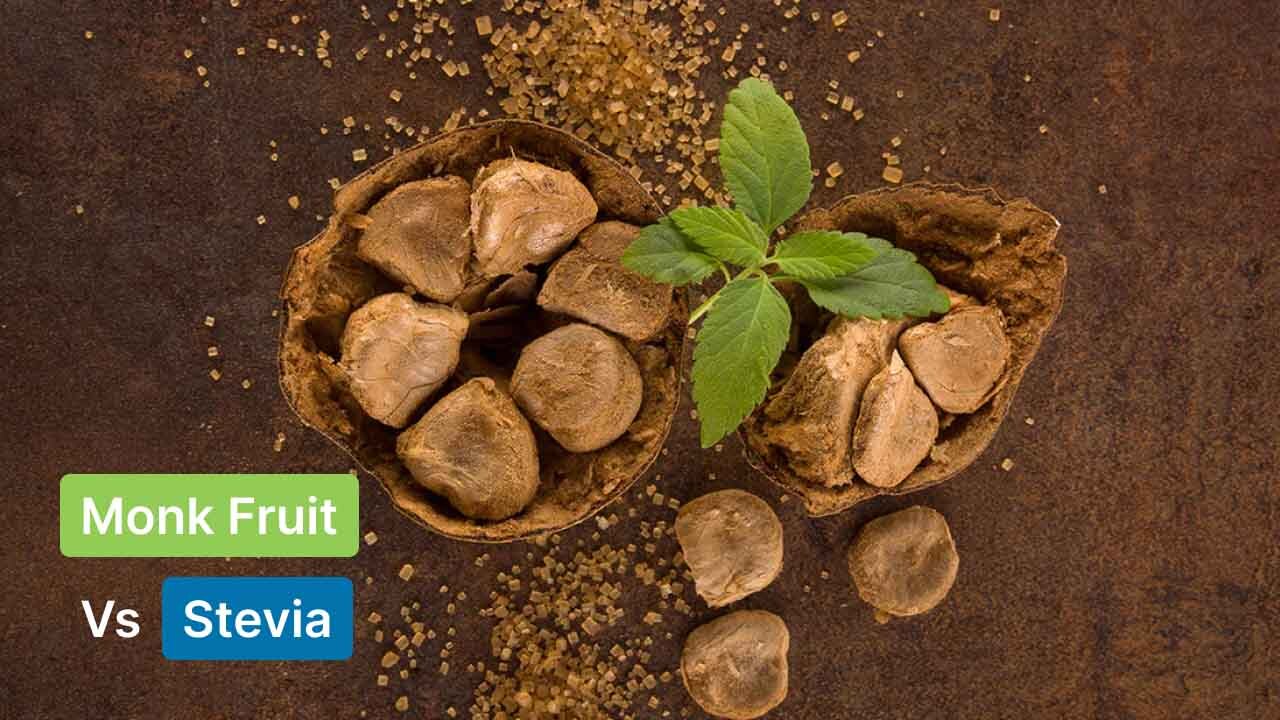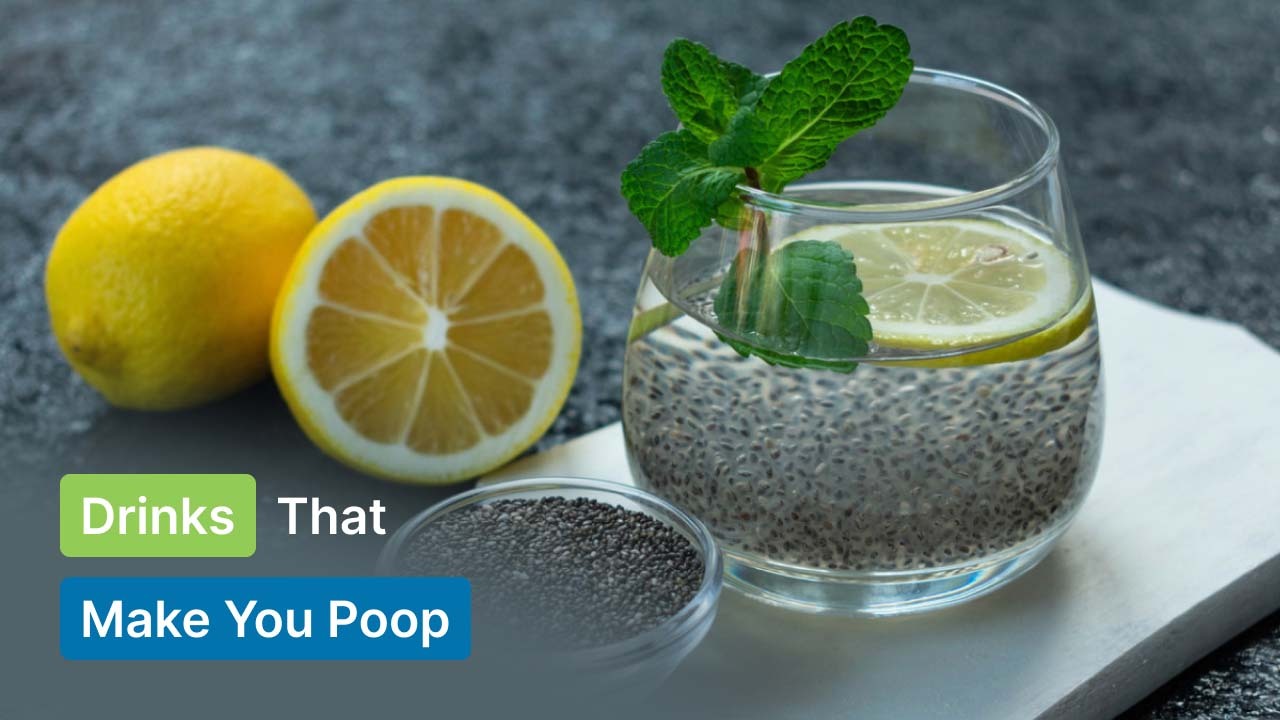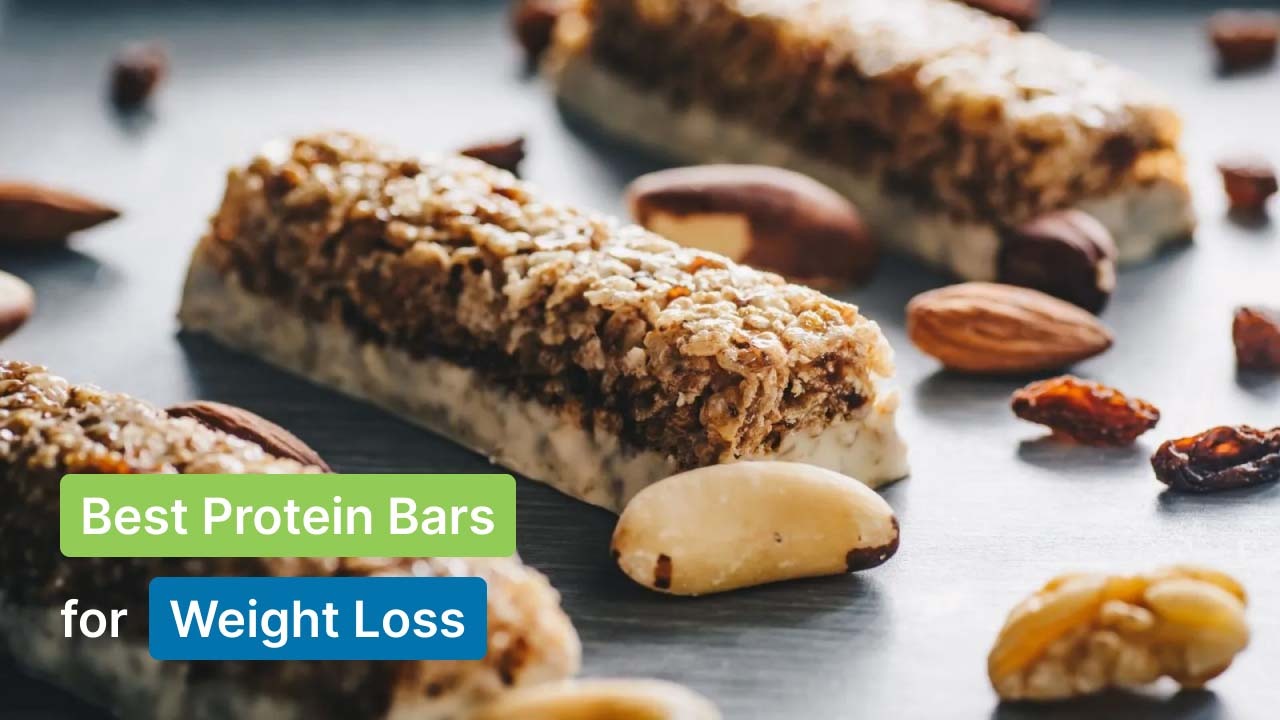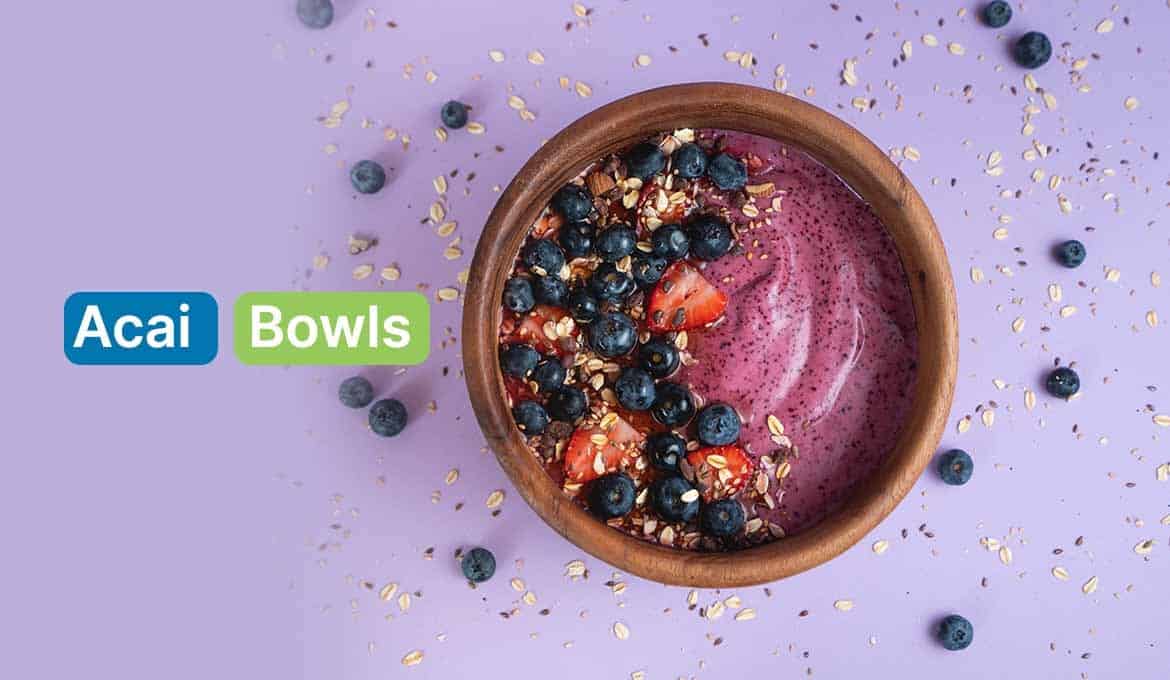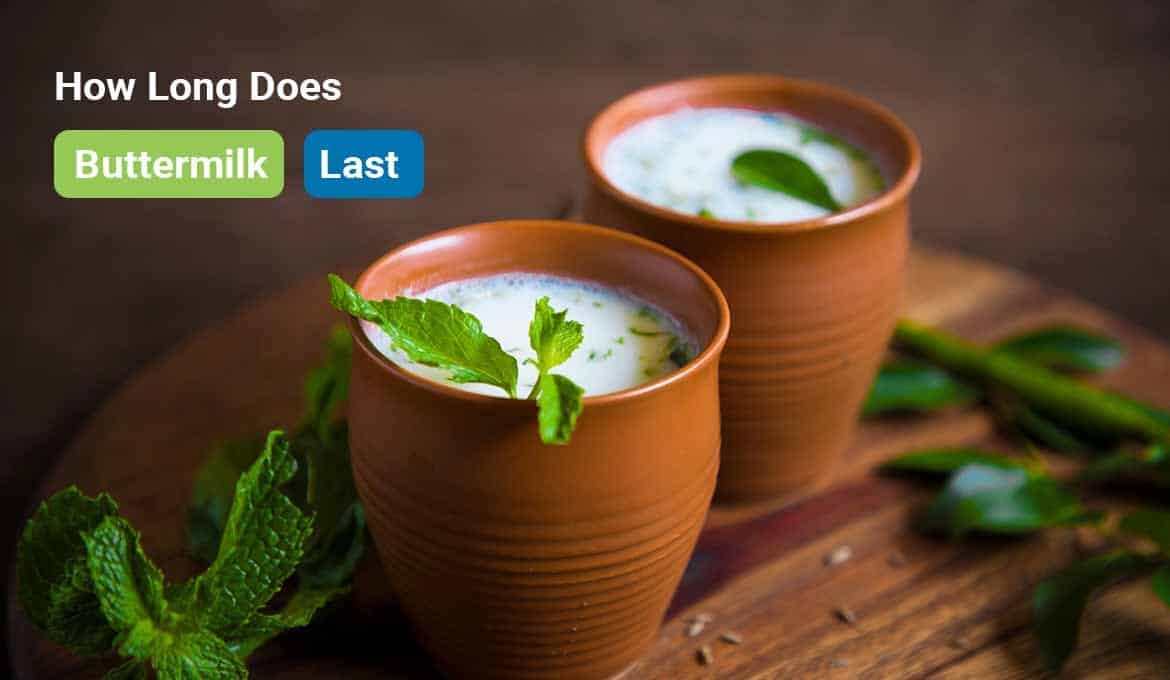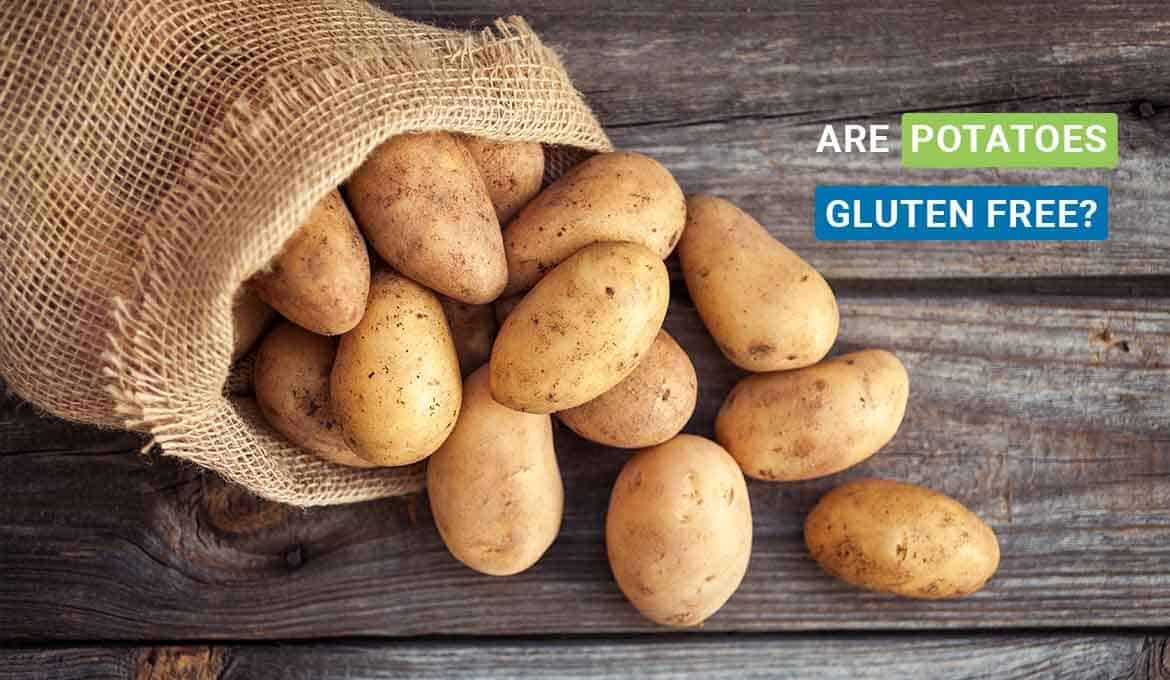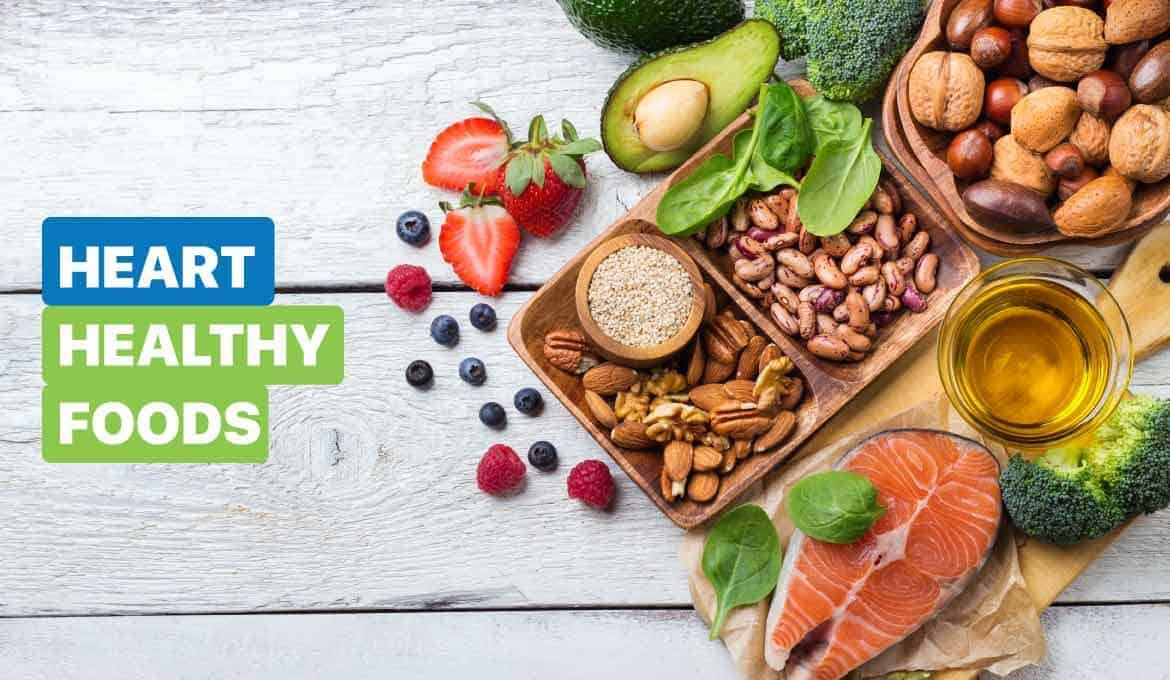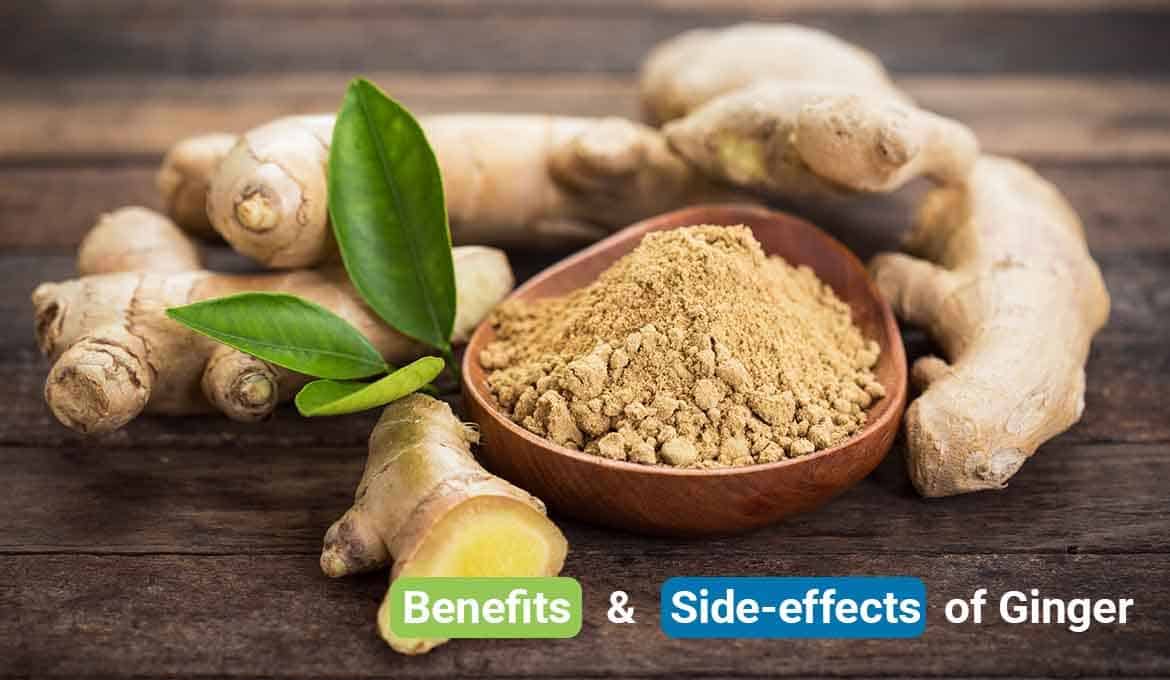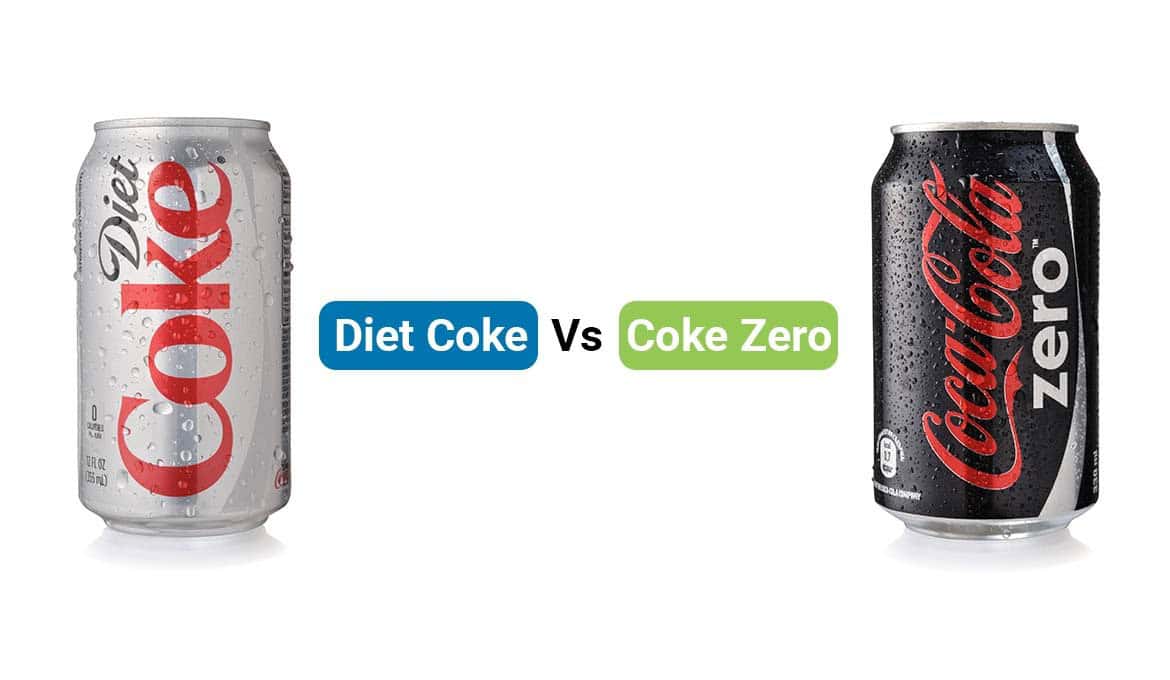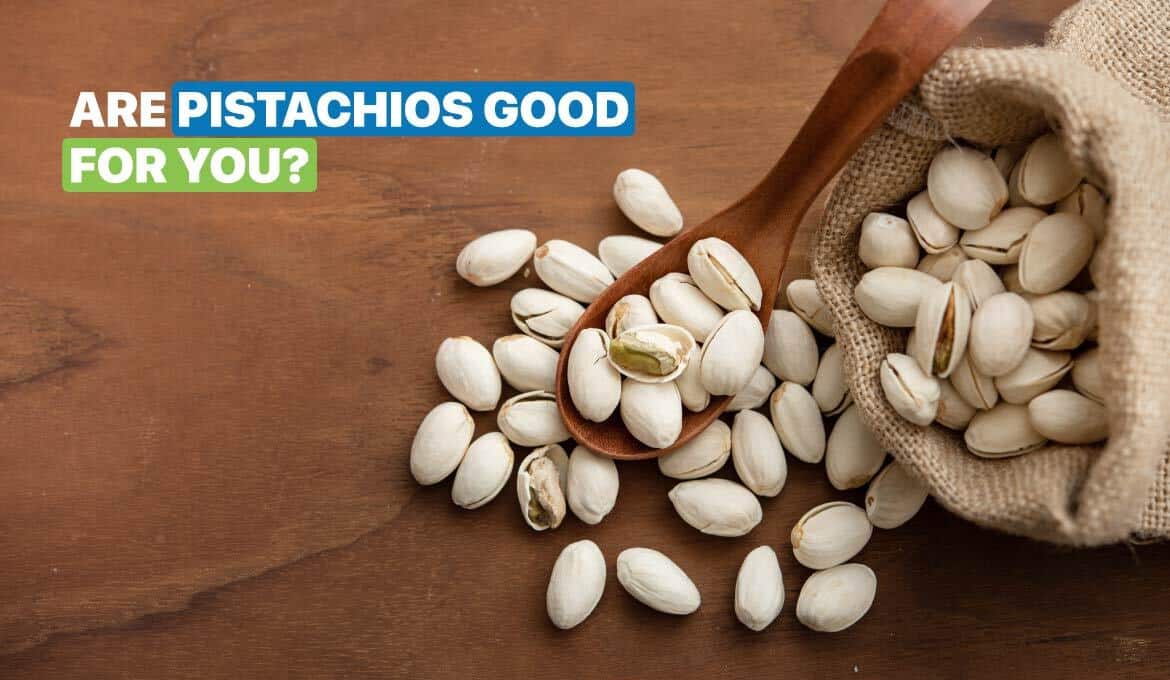
The word pistachios is derived from the Greek “Pistakion,” the green nut covered with hard caps and red and green dried fruit/seed from the inside containing healthy fats, proteins, antioxidants, and fiber.
Pistachios are members of the Anacardiaceae family (cashew family). According to research, they have been consumed as highly nutritious dried seeds for ages. They support the gut, blood sugar, weight loss, and heart health.
Today, they are used with many food items like cookies, pesto, etc., making them highly versatile. This article will explore pistachio's benefits, nutrition profile, side effects, and much more. Read on!
What Are Pistachios?
Pistachios are nutritious seeds or nuts grown on pistachio trees, primarily cultivated in California, Arizona, and New Mexico.
They are usually green, an inch long, and half an inch in diameter, also known as ‘pasta,’ and available in different forms like shelled, unshelled, roasted, or salted.
Like cashews, the fruit is ripe and splits open into a beige shell containing a single edible green kernel/seed we eat.
Pistachios are rich in vitamins like B6 and B1, antioxidants like flavonoids, carotenoids, lutein, zeaxanthin, anthocyanins, proanthocyanidins, proteins, dietary fiber, copper, healthy fats, and phosphorus.
They are low in calories, which helps in weight loss. Some of the best advantages of consuming pista are that they regulate blood sugar levels and help proper hemoglobin formation. This, in turn, enhances oxygen distribution in red blood cells.
Let us discover its nutrition profile and some benefits of including it in our daily lives.
Nutrition Profile: Pistachios
Pistachios are the superstars of nutrition. According to the USDA National Nutrient Database, they are rich in minerals, vitamins, choline, and betaine.
Here is the nutrition profile of one serving, which is 1 ounce (49 kernels) of unroasted, unsalted pistachios:
- Calories: 159
- Carbs: 8 g (3 percent Daily Value)
- Dietary Fiber: 3 g (12 percent DV)
- Protein: 6 g (12 percent DV)
- Total Fat: 13 g (19 percent DV)
- Sugar: 2 g
- Potassium: 291 mg (8 percent DV)
So, pistachios are a complete source of protein. Their nutritional value offers many health benefits for our heart, gut, and immune system. But remember to eat at most three ounces at a time.
Are Pistachios Good For You?
Now, the question is, “Are pistachios healthy?” Research shows they are rich in proteins, nutrients including beta carotene, phosphorus, vitamins B6 and E, and manganese, which promote overall well-being, specifically gut, heart, and abdominal health.
In addition, they contain fats like monounsaturated and polyunsaturated, which people have been eating for thousands of years.
They also contain anti-inflammatory properties and antioxidants that fight the compounds that cause premature aging and lower levels of bad cholesterol, diabetes, cancer, and chronic disease.
So, let's move on to some surprising health benefits of pistachios.
Best 12 Health Benefits Of Eating Pistachios
As we have seen the pistachio's nutritional profile, we now know how nutritious the Pistachios are healthy for overall well-being. Let’s explore some of the best health benefits of eating pistachios.
1. Help Lower Blood Pressure
Pistachios are an excellent source to lower blood pressure as they are rich in potassium and magnesium. Potassium-rich foods like potatoes, leafy green vegetables, and tomatoes encourage sodium excretion and help negate intake.
Additionally, magnesium helps to relax blood vessels and improve blood flow. One serving of pistachios contains 6% potassium and 8% magnesium.
2. Rich in Antioxidants
Pistachios are rich in antioxidants as they contain high amounts of different flavonoids (phytochemicals), anthocyanins, flavonoids, and phenolic acids, which offer many benefits to the body.
One such benefit is it helps in cardiovascular health and prevents cancer, maintains lower oxidized LDL, and produces preventive effects against endothelial dysfunction. Not only this, but they also maintain skin health by protecting the skin from UV light.
3. Improve Blood Sugar
Another benefit of consuming regular pistachios is that they improve blood sugar levels. They are rich in phosphorus, which helps people with type 2 diabetes by breaking down proteins into amino acids.
They are also low in carbohydrates and contain healthy fats, limiting sugar intake.
4. Promote Healthy Gut Bacteria
Pistachios contain high dietary fiber and healthy fats and fiber that benefit a healthy digestive system. The thread is digested and turned into a chain fatty acid called butyrate, preventing diseases like hemorrhoids, diverticulosis, and cancer risk.
5. Improves Heart Health
Pistachios have an array of healthy components, including antioxidants, polyphenols, tocopherols, and good fats, which help to reduce LDL, increase good cholesterol, and decrease the risk of chronic disease. They also increase the blood flow and enhance the nervous system.
In addition, it regulates blood flow and pressure, promotes healthy blood vessels, and reduces heart disease by transforming the amino acid L-arginine into nitric oxide.
6. Weight Management
Pistachios support metabolic health by keeping you full for longer. Compared to other nuts, they are low in calories, control weight, and reduce blood sugar levels. Eating pistachios reduces cravings and overeating.
7. Cognitive Health
Pistachios are one of the seeds that contain vitamin B6 for producing hemoglobin in the body to carry oxygen in blood cells.
B6 also helps keep the nervous and immune systems healthy by soothing the nerves and helping with normal brain development.
8. Improved Eye Health
Pistachios are good for eyes as they are rich in lutein and zeaxanthin antioxidants, which maintain eye health, lower the risk of macular degeneration, and protect eyes from blue light and age-related macular degeneration (AMD), which means blurriness and loss.
9. Slow Down Premature Aging
Another beneficial component of pistachios is vitamin E and copper, which help prevent chronic UV photoaging of the skin, slow the development of wrinkles, and treat sagging skin.
10. Improves Brain Health
One of the best benefits of pistachio is that it increases the production of WBCs by supplying oxygen to the bloodstream by accelerating the reduction of hemoglobin and oxygen in the blood with its rich content of vitamin B6.
11. Prevents Cancer
According to one study, pistachios also help prevent cancer. They contain vitamin B6 and antioxidants, which increase the amount of WBC in the blood. This enables the body to fight free radicals and the elements that cause cancer.
12. Healthy Skin
The unsaturated fatty acids in pistachio make it healthy for the skin. It prevents the skin from drying, restores moisture, and is also beneficial for atopic dermatitis and eczema.
Side Effects Of Eating Pistachios
Although pistachios offer many health benefits in considerable amounts, they are also linked to some disadvantages because the components like fructan and high fiber content can cause health issues like digestive and gastrointestinal problems.
So, it is essential to eat them in moderation. Here are some risks or side effects linked to pistachios:
a). Allergy Risks
Pistachios are tree nuts that may risk allergies if not taken in moderation and can lead to nausea, diarrhea, difficulty swallowing, and anaphylaxis.
People prone to pistachios allergies can also lead cross connectivity because of some biological-related components and substances, possibly due to conditions like pollen food allergy syndrome (PFAS) or oral allergy syndrome (OAS).
- Itchy mouth, skin, eyes, or throat.
- Trouble swallowing.
- Nausea and belly pain.
- Diarrhea.
- Congestion or a runny nose.
- Short breathing or anaphylaxis.
b). Higher intake of sodium
While one cup of pistachios has a small amount of sodium, roasted pistachios are salted, which may contain high sodium, which can risk high blood pressure, unwanted bloating, heart disease, and stroke.
If pistachios are sweet or salty, they may increase the risk of hypertension and lead to some cardiovascular diseases.
c). Kidney Problems
Usually, pistachio consumption does not cause kidney problems, but if someone is already dealing with some, the high potassium content of the nuts may worsen the existing kidney issues.
The kidney's primary function is to remove the excess potassium from the body. Still, if it is already dysfunctional, it may be unable to do this properly, leading to other health issues.
d). Fructan
The side effects of the fructan compound in pistachios are not too severe or dangerous. Still, it is advised not to eat excess pistachios as it can lead to sensitivity and other health issues like abdominal pain, bloating, flatulence, diarrhea, or constipation.
e). Digestion Problems
The most common side effects of pistachios are digestive problems. Due to their high calories, they produce a high amount of heat when metabolized, which may lead to bloating and digestion problems.
If pistachios are eaten excessively, the fiber content also increases, which can increase beneficial gut bacteria.
However, these bacteria also produce butyrate, which may cause bowel movements that lead to stomach cramps, malabsorption, and even pain in the abdomen.
f). Salmonella and Aflatoxin Infection
The most common infections that cause pistachios are salmonella and aflatoxin. Salmonella can lead to high temperature, diarrhea, and gastrointestinal problems. Aflatoxin can lead to nausea, vomiting, and abdominal pain.
g). Risk Of Kidney Stones
Eating large amounts of pistachios can imbalance the body's potassium level and lead to kidney stone formation in healthy adults.
The high levels of oxalates and methionine in pistachios contribute to calcium oxalate formation, a primary component of kidney stones.
How To Eat Pistachios Properly?
Pistachios are highly versatile and can be included in many delicious dishes. They can be purchased shelled or as kernels, eaten raw or cooked, and paired well with savory and sweet dishes.
They are a common ingredient in chicken, cauliflower, cookies, cakes, and even ice cream. Chopped pistachios can also be sprinkled over salads, rice, candies, soups, and sauces. They can last a year if stored in a refrigerator and three years in the freezer.
Pistachios can be included in the following:
- Salads
- Ice cream
- Pastry
- Pesto
- Nut butter
- Biscotti
- Granola
- Turkish delight
- Yogurt
How Many Pistachios Can We Eat Daily?
Every dried fruit is packed with nutrition and multiple health benefits. But it is important to eat them in moderation. So, how many pistachios should you eat each day?
Many people have eaten pistachios for centuries as they are rich in protein, antioxidants, and fiber, which offer many benefits to the body, as stated above in this article.
Eating 50 gr to 85 gr of pistachios or a maximum of 56 grams or 90 pistachios is advised. This amount is enough to provide several health benefits. Consuming excess amounts can lead to many adverse effects like digestion or kidney problems.
Do Pistachios Make You Poop?
Yes, they help you to make poop because they contain fibers, magnesium, and other components, as pistachios are rich in fiber which softens the stools and makes the bowel movement smooth.
Magneficiency deficiency leads to constipation, but you can consume a lot of magnesium through pistachios. However, eating excess pistachios can cause diarrhea and health illnesses, so eat them in moderation.
Conclusion
Pistachios are healthful, nurturing seeds packed with all the nutrients the human body requires. They are magically packed with healthy proteins, fibers, vitamins, and minerals.
Eating them in moderation works magic for your health but can also lead to serious adverse effects when overeating. The side effects can range from allergies, weight gain, kidney and digestive problems, and high blood pressure to cancer risk.
So, it is recommended that you include only one handful of shelled unsalted pistachios in your diet to reap the benefits to your heart, eyes, and gut.
They also improve brain function, digestive health, and hair and beauty. So, make a routine of fitting them into your diet to improve your overall health and well-being.
FAQs
1. How many pistachios are safe to eat in a day?
Ans: Make a habit of eating around 1 ounce or a handful of pistachios to obtain all their benefits for overall well-being and health.
2. Are pistachios more healthier than almonds?
Ans: Almonds are more beneficial because they hold 10% calcium and 6% iron, while pistachios hold 4% calcium and 8% iron. However, pistachios contain vitamins A and C, which almonds do have.
3. Who should not eat pistachios?
Ans: People suffering from IBS, bowel syndrome, or fructan intolerance should avoid eating pistachios to prevent digestive problems and other health issues.
4. Do pistachios impact sleep?
Ans: Pistachios give better sleep quality as they are packed with protein, vitamin B6, magnesium, and all the beneficial nutrients that contribute to better sleep.
Read Also:









